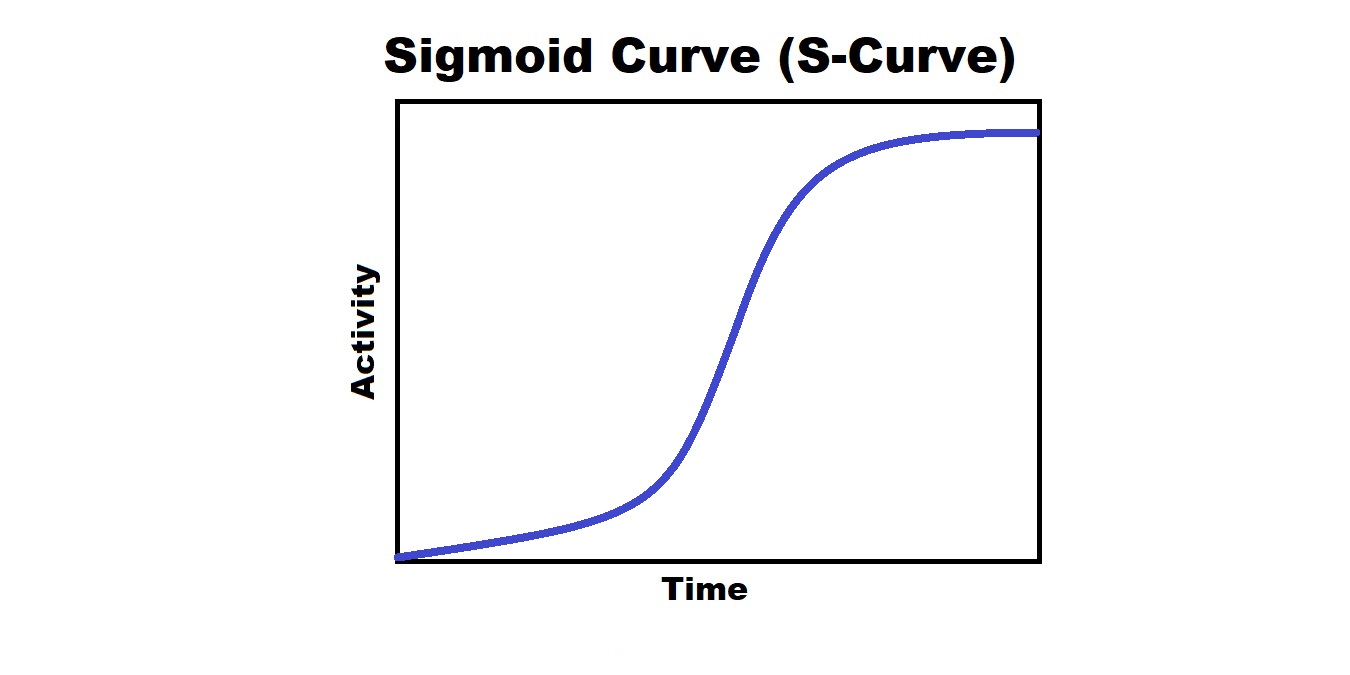| | | quote | Originally posted by Mickey_Moose:
utterly hogwash.
FACT: may be the hottest temp recorded - KEYWORD - recorded.
It is a proven scientific fact using geological records that the earth has had far higher green house gas content (upwards of a 1000 fold to be exact) and higher temperatures. But lets all ignore this and whip all people into a frenzy.
US history is full of stories of native Americans that tell about drought conditions that have lasted 10s of years - this happened long before "global warming".
All your comment/"proof" proves, is that if you take a small enough sample size, you can prove anything you say is correct. The earth is 4.543 billion years old, yet you are only taking the last what, 150 years into account??? Let's us also forget about the last 4 "global warming periods (not count this one) that has happened. The earth is currently on it's 5th warming cycle - but lets throw all that science out the window as well as it doesn't fit the narrative. |
|
Not that long ago, 82-T/A raised the same points (more or less) as Mickey_Moose. That was on page 30 of the "Carbon dioxide hysteria" forum topic, in the Politics & Religion section. This is the link:
https://www.fiero.nl/forum/...000494-30.html#p1198But it's also my pleasure to duplicate it here:
| | | quote | Originally posted by 82-T/A [At Work]:
Again, I say... this is a matter of statistical math. If you only have 150 years (realistically) of data on a data set that encompasses over 4 billion years old... you're going to be constantly breaking records. Mathematically, this is what is called a Sigmoid curve...

Essentially... in the beginning of data collection (which is where we are now), the changes and fluctuations are going to be exponential. This means that you can expect the records to change radically until the dataset is normalized.
Once you reach a common baseline... (which would take you at least 2 billion years), only then would you start to see a decline in the constant delta of weather records. Eventually, you'll get to the point where all records that could occur within the conceivable range, have already occured... and you're unlikely to ever break another record because every day would have had its coldest and hottest temperature set.
... I know this doesn't jive with what you want to believe... but I keep emphasizing it because it speaks to the absolute ridiculousness of what were expected to believe based on a mere 150 years of data from a 4 billion year-old planet. |
|
And this is my response:You are not just "way out in left field" on this... you're on Waveland Avenue!
It's only the more recent periods of Earth's history that are relevant. If you try to go too far back in time, you are looking at a planet with major differences in the configuration of its land masses and oceans, because of plate tectonics and continental drift... an atmosphere that had considerably more or less oxygen, depending on what period you're in.... periods before there were flowering plants and before there was any animal life on land, which would greatly affect the Carbon Cycle... periods when the carbon dioxide and other kinds of gases and aerosols in the atmosphere from volcanic activity was 10 or even 100 times more than anything that overlaps with the most recent million or so years that takes us back to our earliest human ancestors... yada yada yada.
So you can't look back all that far into Earth's distant history to do climate comparisons, because of "apples and oranges."
The Last Interglacial, from 130,000 to 115,000 years ago, is about as far back in the Earth's history as you can go, before you start encountering serious "apples and oranges."
You are not thinking about this from a human perspective. Scientists are not saying that there won't be a time in the future when the climate becomes much warmer (or colder) than what we're accustomed to. Scientists are saying that if we leave it up to Mother Nature, that kind of change is unlikely for several more thousands of years. But if we do not address the human-attributable greenhouse gas concerns, that kind of change will be upon us much sooner... very possibly by year 2100, if not before.
Statistically, it's being argued that 2023 is the "game changer" that is going to demarcate the beginning of a radically warmer climate regime, unless human greenhouse gas emissions are seriously and rapidly curtailed. But I doubt that can actually be achieved, considering how much additional fossil fuel production is already in the works. So the climate "dice" are already being rolled, regardless of what people of my "ilk" like to think about it.
One of the more ironic possibilities is that continued, greenhouse gas-driven global warming will set off a chain of events that will shut down the Atlantic Ocean Meridional Current, which transports warm ocean water from the equatorial regions to the northern latitudes where it acts like a heating system for most of Europe. That could trigger the next Ice Age, almost before we could blink.
[This message has been edited by rinselberg (edited 12-21-2023).]

























